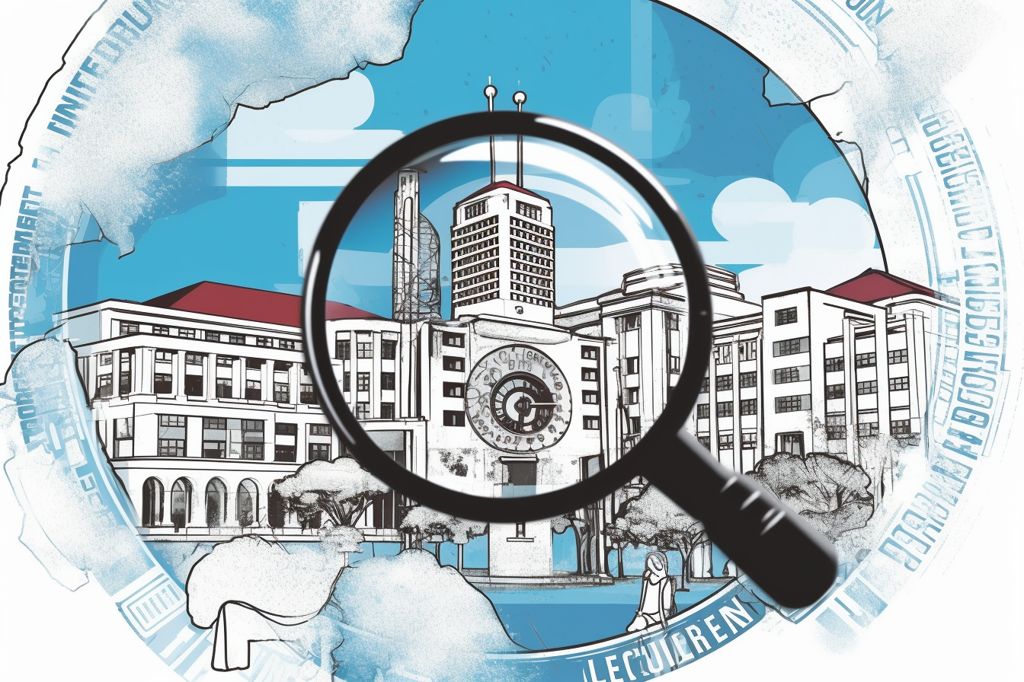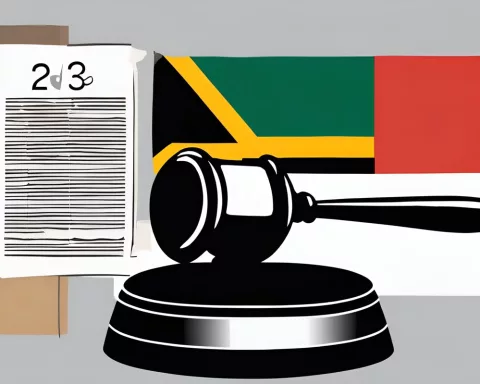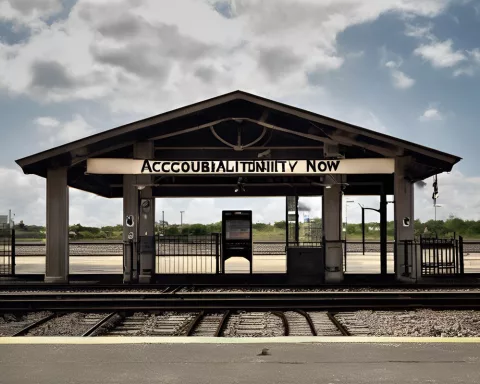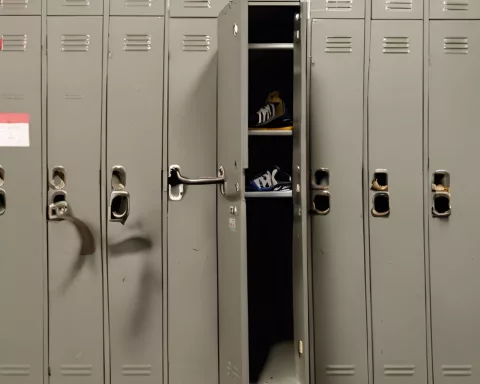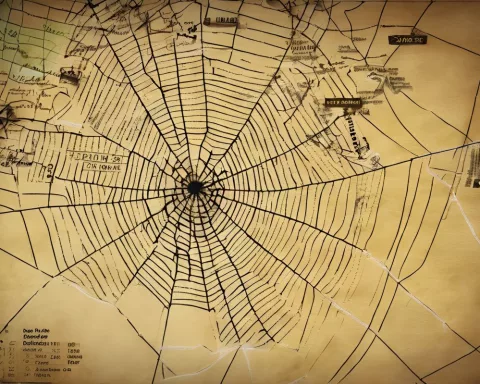The Special Investigating Unit (SIU) has been criticized for its perceived incapacity to investigate allegations of corruption, fraud, and irregularities at Fort Hare University. However, the organization has asserted its ability to conduct a thorough investigation and has already uncovered evidence that is currently being assessed.
Fort Hare University’s Allegations
Fort Hare University has been accused of engaging in fraudulent practices related to admission and degree awarding processes. The SIU is also investigating potential corruption in four tenders at the university, including cleaning and gardening services, student accommodation leasing, air conditioning system maintenance and repair, as well as potential collusion between university officials and service providers.
SIU’s Capability
Despite the doubts and criticisms expressed by some members of the public and media outlets, the SIU stands firm in its capabilities. The organization has a legal mandate and 26 years of experience in fulfilling its role, making it more than equipped to handle the investigation at Fort Hare University.
Challenges Faced by the SIU
There are challenges in the form of a legal proclamation and aspects of the investigation being contested in the High Court. Nevertheless, the SIU believes it is necessary to clarify its position and capabilities for the public. This is particularly important given the potential for misleading information being disseminated through various media channels.
Importance of the Investigation
The findings and subsequent actions taken by the SIU will be crucial in addressing the allegations against Fort Hare University. Public trust in the institution is at stake, and it is imperative that the SIU demonstrates to the public that they are capable of handling the investigation with the professionalism and tenacity required.
The SIU’s defense of its capabilities and expertise should serve as a reminder to the public and media outlets not to underestimate the organization’s capacity to investigate and bring to justice those who seek to exploit the system. As the investigation continues, it is essential that the public remains informed about the progress made and the actions taken by the SIU to ensure that Fort Hare University and any other institution facing similar allegations is held accountable for its actions.

